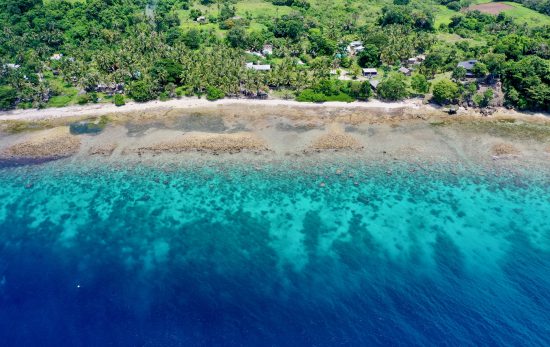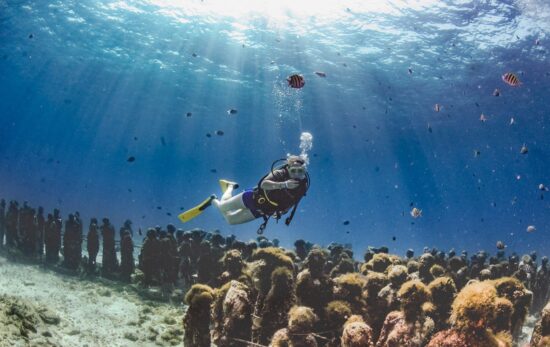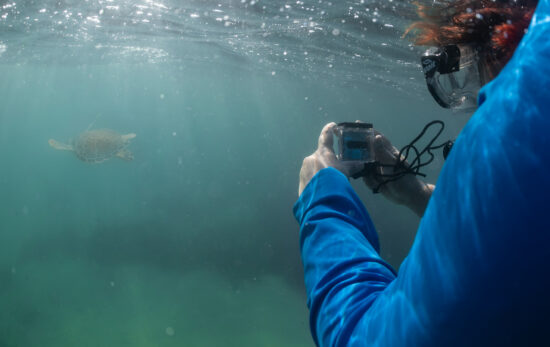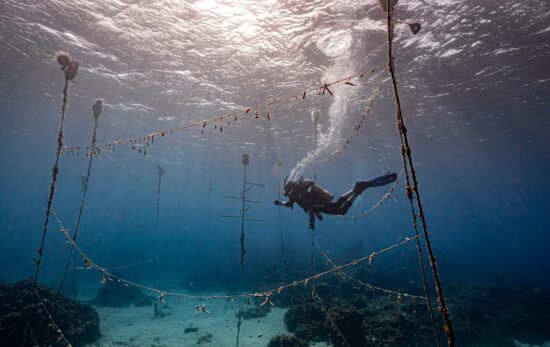It’s no secret that our oceans are polluted. But you might not realize just how polluted they actually are. It can be shocking and incredibly upsetting, especially for ocean lovers (which we all should be!). Below, we’ve include 10 dirty facts about ocean pollution, but we have also included ways in which you can directly get involved with improving the situation our oceans are facing and how you can encourage others to do the same.
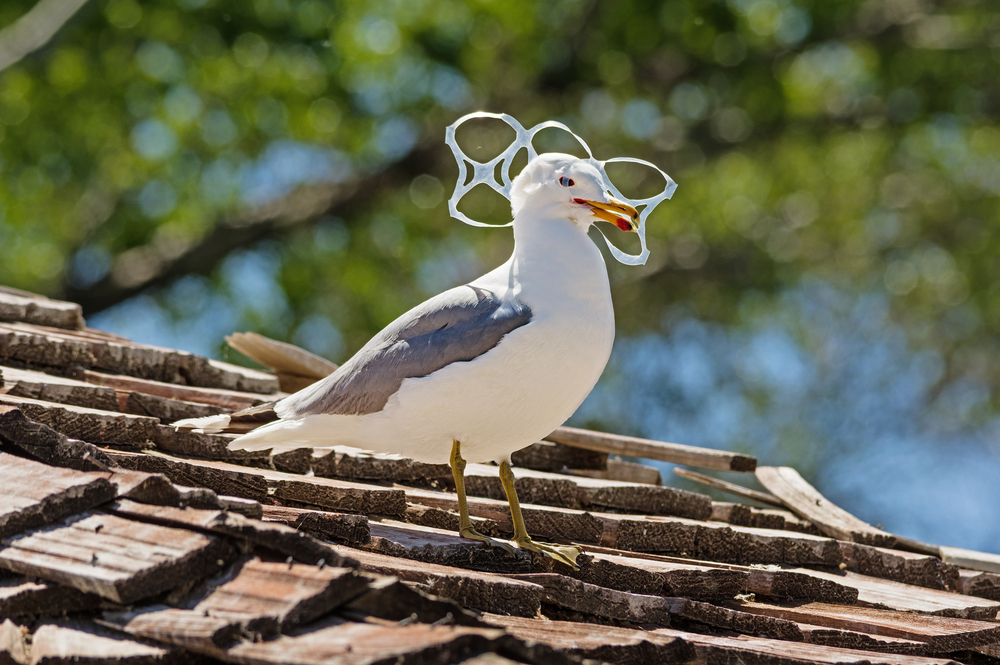
1. 100,000 Animals Die Annually From Entanglement
Plastic alone is estimated to kill 100,000 marine animals every year. This is often due to entanglement in fishing nets and even plastic bags. However, this includes less thought-about items like straws and plastic wrap, too.
2. Over 5.25 Trillion Pieces of Plastic Trash Are in Our Oceans
According to National Geographic, an astounding 5.25 trillion plastic items already reside in our oceans. To put things into perspective, there are just over 8 billion humans on Planet Earth.
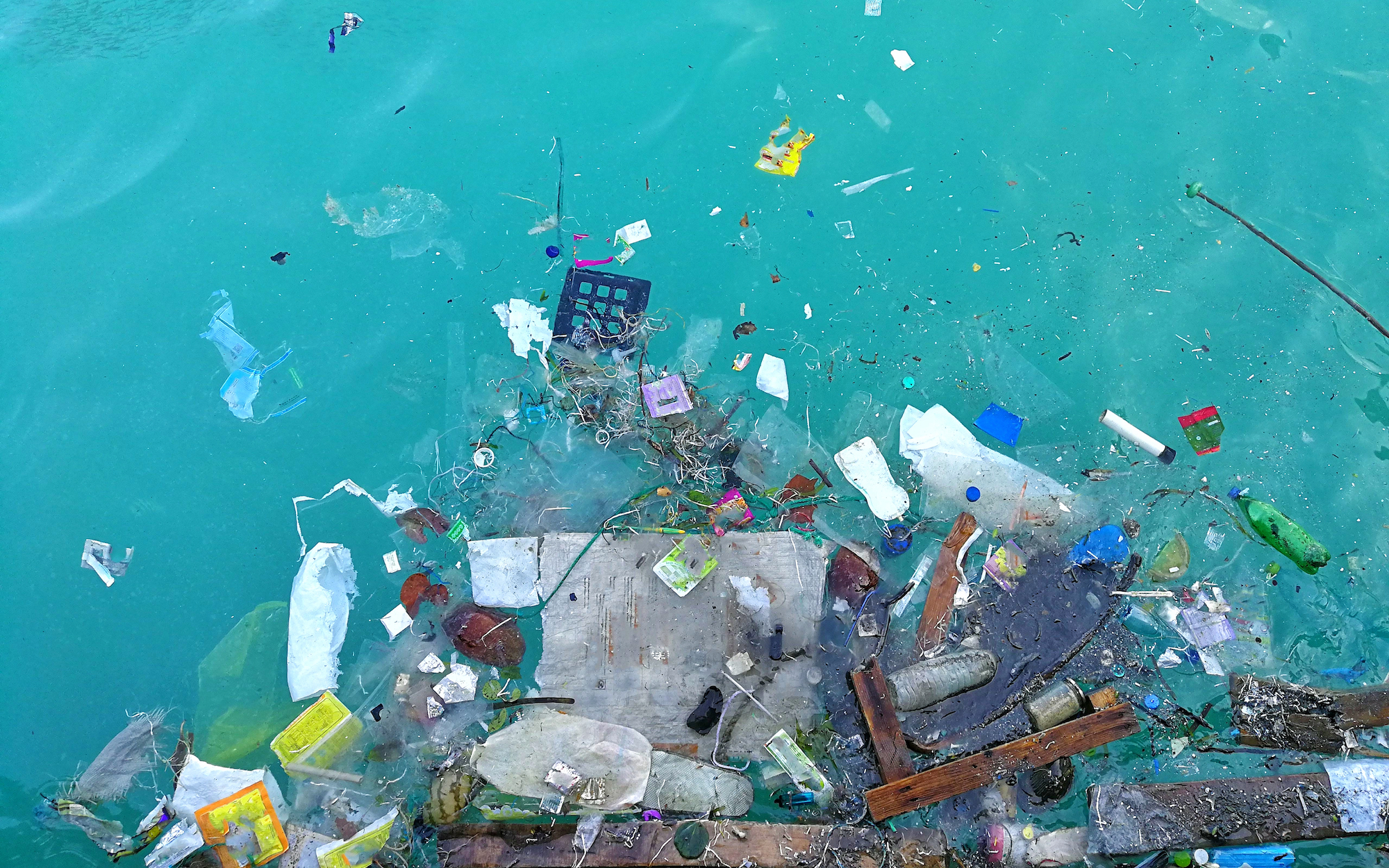
3. There is an Ocean Garbage Patch Twice the Size of Texas
Just off the coast of California, you’ll encounter the world’s largest ocean garbage site – the Great Pacific Garbage Patch. Ocean currents create a continuous vortex (the Pacific Gyre), accumulating litter in this 1,200-mile (1931 km) stretch of ocean. If you’re not sure how large that is, picture the US state of Texas, and then double it.
4. Human Activity has Created Ocean ‘Dead Zones’
Ocean dead zones, also termed hypoxic areas, are places in which oxygen levels are so low that life forms cannot survive. Although dead zones can occur naturally, human activity (particularly nutrient pollution) has resulted in more areas suffering from these conditions.
5. Plastic Pollution Has Been Found in the Mariana Trench
At the deepest point of the ocean lies the Mariana Trench, reaching 11,034 meters (36,201 feet) in depth. However, that depth is not exempt from ocean pollution. Crustaceans have been tested in the Mariana Trench, and the results show that they have ingested plastic.
6. Plastic in the Ocean Could Cover the Earth 400 Times
Our Earth, with a radius of 6317 kilometers (3925 miles), could be covered as many as 400 times with the plastic found within the ocean.
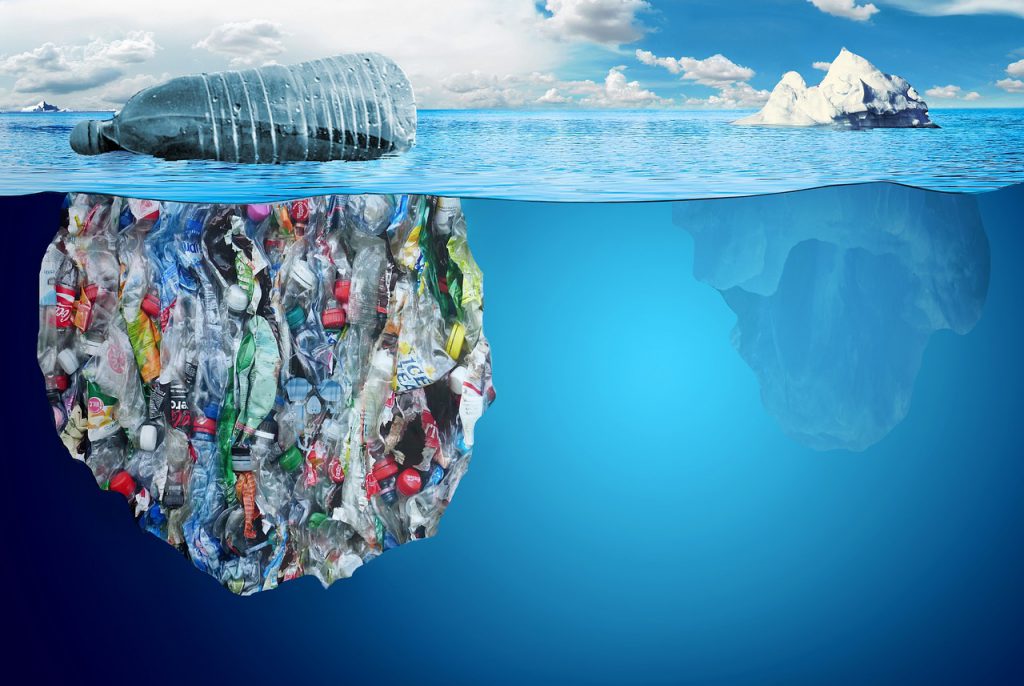
7. Many Countries are Offloading Their Ocean Pollution Problems to Other Countries
It’s safe to say that no country is exempt from ocean pollution. However, to make things worse, many are offloading their trash to others, meaning the amount of garbage is not only increasing but being transported across the globe.
8. Single-Use Plastic is the Biggest Offender
Above all, single use plastic is the most common type of plastic found in the oceans. This includes items like straws, takeaway cups and plastic silverware.
9. 80% of Ocean Trash is From Land Activity
You may think that the majority of the ocean pollution problem comes from fishing, and water-based activities polluting the waterways. However, only 20% of trash found in the ocean is actually from fishing and ocean activity. The other 80% is from land-based human activities. Think gardage disposal, littering and food industries.
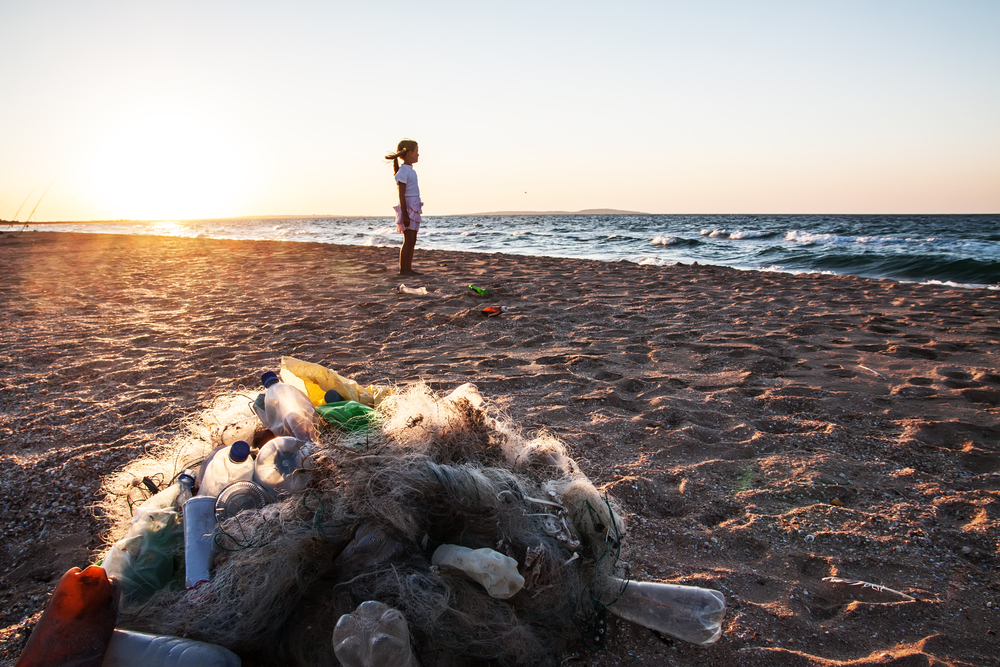
10. Rising Ocean Acidity is an Issue, Too
Air pollution is not something that many commonly associate with ocean pollution. However, the two go hand-in-hand. One of the biggest threats to air quality is burning fossil fuels and the emissions that this released into the atmosphere. In turn, carbon emissions can also affect the pH level of the ocean’s surface and contribute to ocean acidification.
Help Reverse Ocean Pollution
One of the most effective ways we can all help to reverse ocean pollution is by becoming ambassadors for the oceans. In learning to dive, you come into direct contact with the underwater world to not only see the effects of pollution but act on them. Sharing your experiences can also create more ocean lovers ready to take action for the world they love.
Begin your PADI Open Water Course online with eLearning.
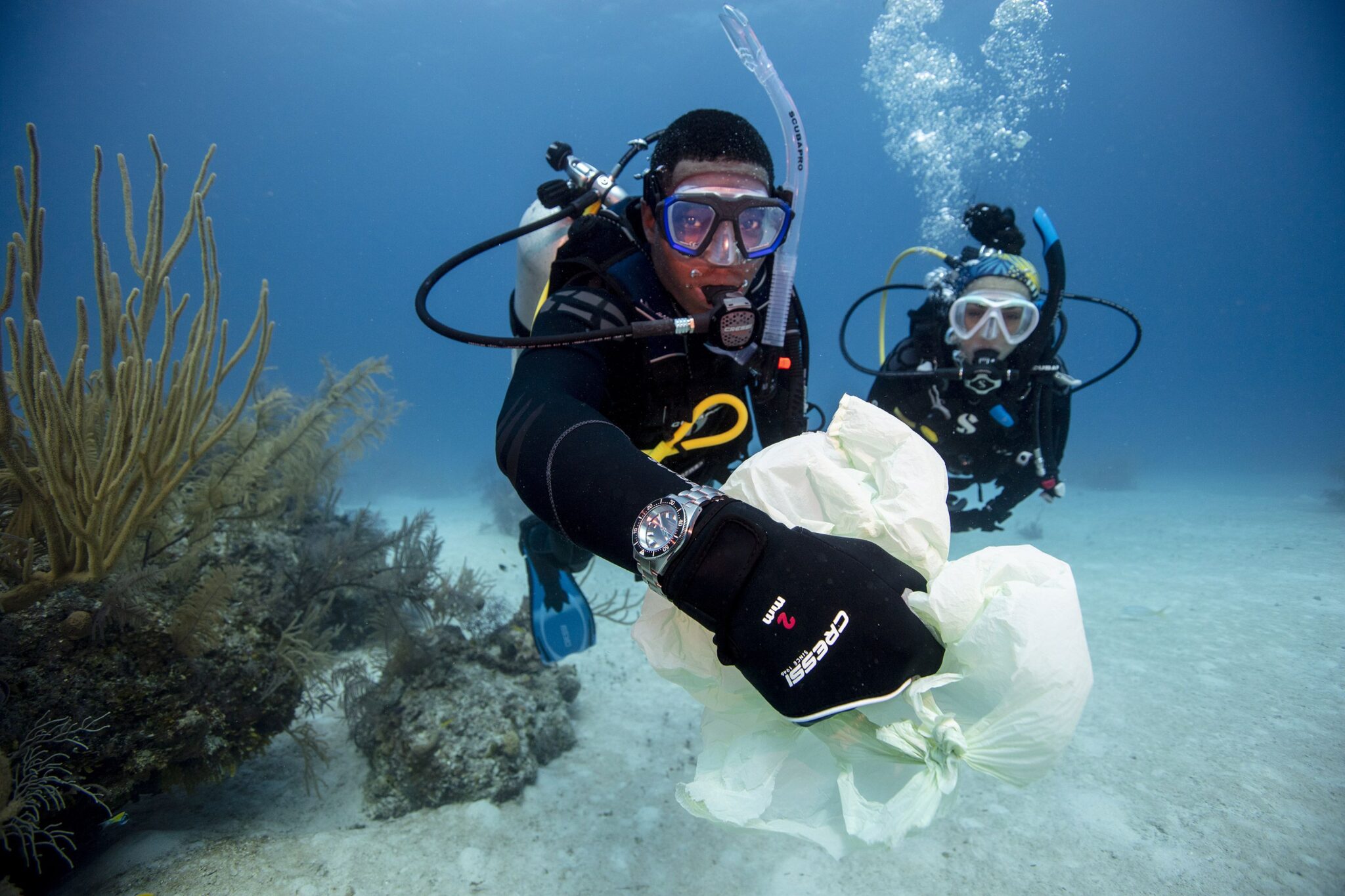
What Can Divers Do?
After becoming a certified diver, there are endless ways you can help combat ocean pollution, both above and below the surface.
- Participate in Dives Against Debris ( Learn more: What is Dive Against Debris?)
- Become a Torchbearer for the ocean
- Become a Dive Against Debris Speciality Instructor
- Educate friends and family on ocean pollution
- Encourage others to learn to dive
We all need to learn to #LiveUnfiltered, removing the glossed-over image many have of the underwater world and face the reality that the oceans need our help. Not only will you change your own life, but the lives of marine animals and future generations, too. And the time to act is now!

